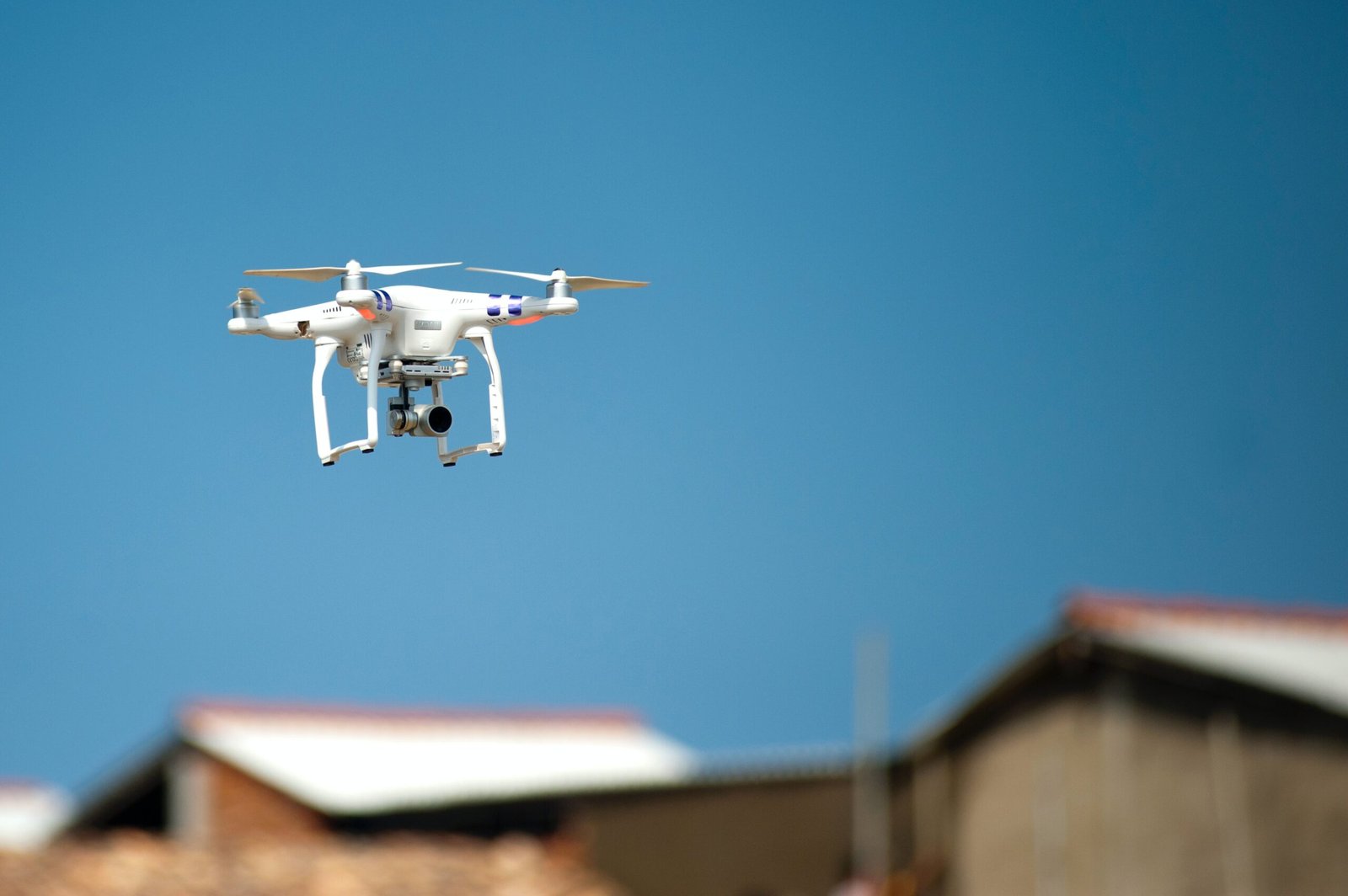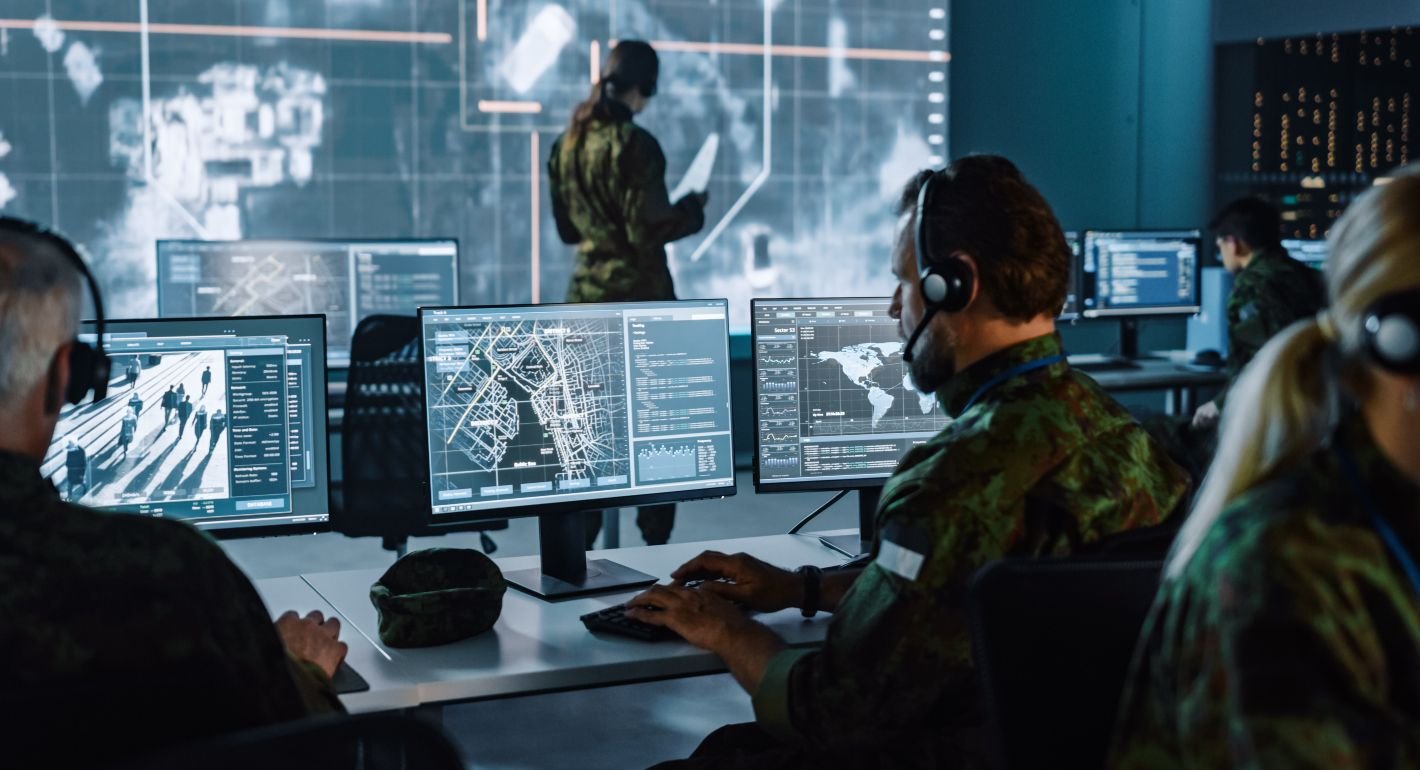Introduction to Autonomous Weapons and Survey Purpose
Autonomous weapons are advanced military systems capable of identifying, targeting, and engaging enemy combatants without direct human intervention. These systems leverage cutting-edge technologies such as artificial intelligence, machine learning, and robotics, allowing them to operate autonomously in increasingly complex environments. The implications of such technologies extend beyond tactical advancements; they raise significant ethical, legal, and operational questions, particularly concerning their role in warfare and international security.
The rise of autonomous weapons has prompted an ongoing debate among military strategists, policymakers, ethicists, and the general public. The central concerns revolve around the potential for an arms race driven by the adoption of these technologies, the diminishment of human oversight in lethal decision-making, and the legal ramifications associated with accountability in the event of malfunctions or misuse. As nations explore the integration of autonomous systems into their militaries, it becomes crucial to understand the sentiments of the populace towards their development and utilization.
This blog post aims to delve into the findings of recent surveys that assess public opinion regarding autonomous weapons. The purpose of these surveys is to gauge attitudes towards the effectiveness, ethical considerations, and regulatory measures needed to govern the deployment of these technologies in military contexts. By analyzing the perspectives of diverse demographic groups, the surveys provide insights into how the public views the balance between technological advancement and humanitarian considerations. Understanding public sentiment is paramount, as it can significantly influence policy decisions and the formulation of international treaties concerning the proliferation and use of autonomous weaponry.
Through this examination, readers will gain a comprehensive understanding of both the technological landscape of autonomous weapons and the vital role public opinion plays in shaping the future of military engagement and international norms.
Key Findings from the Survey
Recent surveys conducted on public opinion regarding autonomous weapons reveal a nuanced landscape of attitudes and awareness. A significant percentage of participants, approximately 67%, indicated a general lack of familiarity with the concept of autonomous weapons, underscoring the necessity for improved public education on this technology. Among those surveyed, demographics play a critical role in shaping perspectives, with younger respondents (ages 18-34) exhibiting a higher acceptance of these technologies in military applications compared to older age groups, where skepticism appears more pronounced.
The geographic location of respondents also influences attitudes toward autonomous weapons. For instance, individuals from urban areas are more inclined to support limited use of autonomous systems, whereas those from rural regions express heightened concern regarding potential risks and ethical ramifications. Additionally, gender differences manifest in the survey results, as men tend to favor the advancement of autonomous weapons technology to a greater extent than women, who predominantly express apprehension regarding its implications on warfare and human oversight.
Many respondents voiced significant concerns surrounding ethical considerations associated with autonomous weapons. A prominent issue is the potential for algorithmic bias, where decisions made by AI could disproportionately affect certain demographics or lead to unintended consequences on the battlefield. Respondents highlighted the critical need for transparency in the decision-making processes of these systems, emphasizing that accountability should remain a cornerstone of military strategy involving automation. This reflects a broader public sentiment that urges the need for rigorous oversight and clear guidelines to govern the integration of autonomous weapons into combat scenarios.
In summary, the survey results illuminate the complexities inherent in public sentiment towards autonomous weapons, revealing a blend of awareness, demographic influence, and ethical concerns that demand further examination and dialogue.
Comparative Analysis of Global Perspectives
The discourse surrounding autonomous weapons systems has garnered significant attention across the globe, prompting various surveys that reveal distinct opinions shaped by a multitude of factors. When examining these perspectives, it becomes evident that historical experiences with warfare play a pivotal role in influencing public sentiment. For instance, nations that have endured prolonged periods of conflict or have been significantly impacted by military actions tend to exhibit a heightened skepticism towards the deployment of autonomous weapons. This trepidation often stems from a fear of uncontrollable escalation in warfare and a desire to retain human oversight in critical decision-making processes.
Furthermore, the existing landscape of military technologies contributes to shaping public opinion. Countries that have invested in advanced military capabilities often display a more favorable attitude towards the incorporation of automated systems. Proponents argue that autonomous weapons can enhance precision, reduce human casualties, and even serve humanitarian purposes. In contrast, areas with limited advancements in military technology may harbor concerns that such innovations could lead to an imbalance of power, potentially endangering national security.
Cultural attitudes towards automation also play a crucial role in shaping these views. In cultures where technology is embraced and perceived as a means of improving efficiency and safety, there is generally more acceptance of autonomous systems. Conversely, societies that prioritize human labor and ethical considerations in decision-making might resist the integration of these technologies. This divergence not only illustrates the complexity and variability in opinions on autonomous weapons but also highlights the need for policymakers to consider these cultural contexts when formulating regulatory frameworks.
In summary, the comparative analysis of global perspectives on autonomous weapons underscores the importance of understanding regional histories, technological contexts, and cultural attitudes. These insights are critical for mapping out the implications for policy-making and international relations, particularly as nations navigate the ethical and practical challenges presented by these emerging technologies.
Implications for Policymakers and Future Research
The findings from recent surveys regarding public opinion on autonomous weapons carry significant implications for policymakers, arms control organizations, and military strategists. As autonomous weapon systems continue to advance, understanding public sentiment becomes increasingly critical in shaping the legislative and regulatory frameworks that govern their development and deployment. Policymakers must recognize that public opinion should play an integral role in decision-making processes. Engaging with the populace through transparent discussions about the ethical, legal, and social implications of these technologies could foster a more informed citizenry. This engagement may also lead to greater acceptance and trust in the decisions made by authorities regarding the use of autonomous systems in military contexts.
Moreover, the survey results reveal a gap in knowledge and understanding about autonomous weapons among the general public. This underscores the need for educational initiatives aimed at demystifying the technology and its potential consequences. By providing comprehensive information about how these systems operate, potential risks, and their intended applications, organizations can empower individuals to form educated opinions. In doing so, they can enhance public discourse and facilitate a more balanced dialogue on policy matters related to autonomous weapons.
Future research should focus on continually monitoring shifts in public attitudes toward autonomous weaponry. Periodic surveys can capture changes in perception that may arise from technological advancements or emerging ethical debates. Additionally, exploring demographic factors that influence opinions could yield valuable insights for targeted communication strategies. By prioritizing public sentiment in the conversation surrounding autonomous weapons, stakeholders can ensure that policy development reflects the values and concerns of society, ultimately fostering a responsible and ethical approach to these complex technologies.









